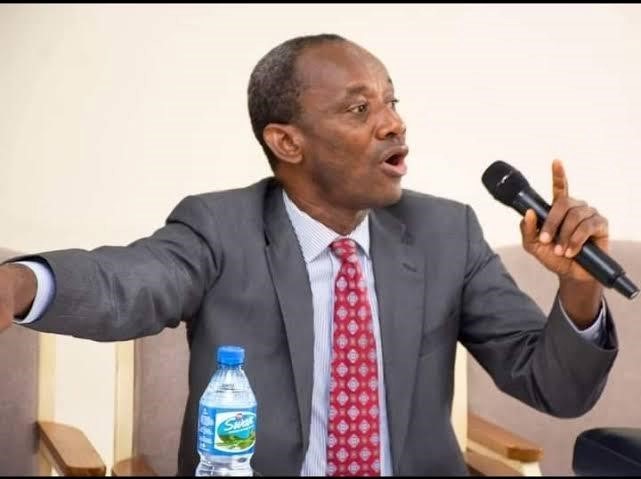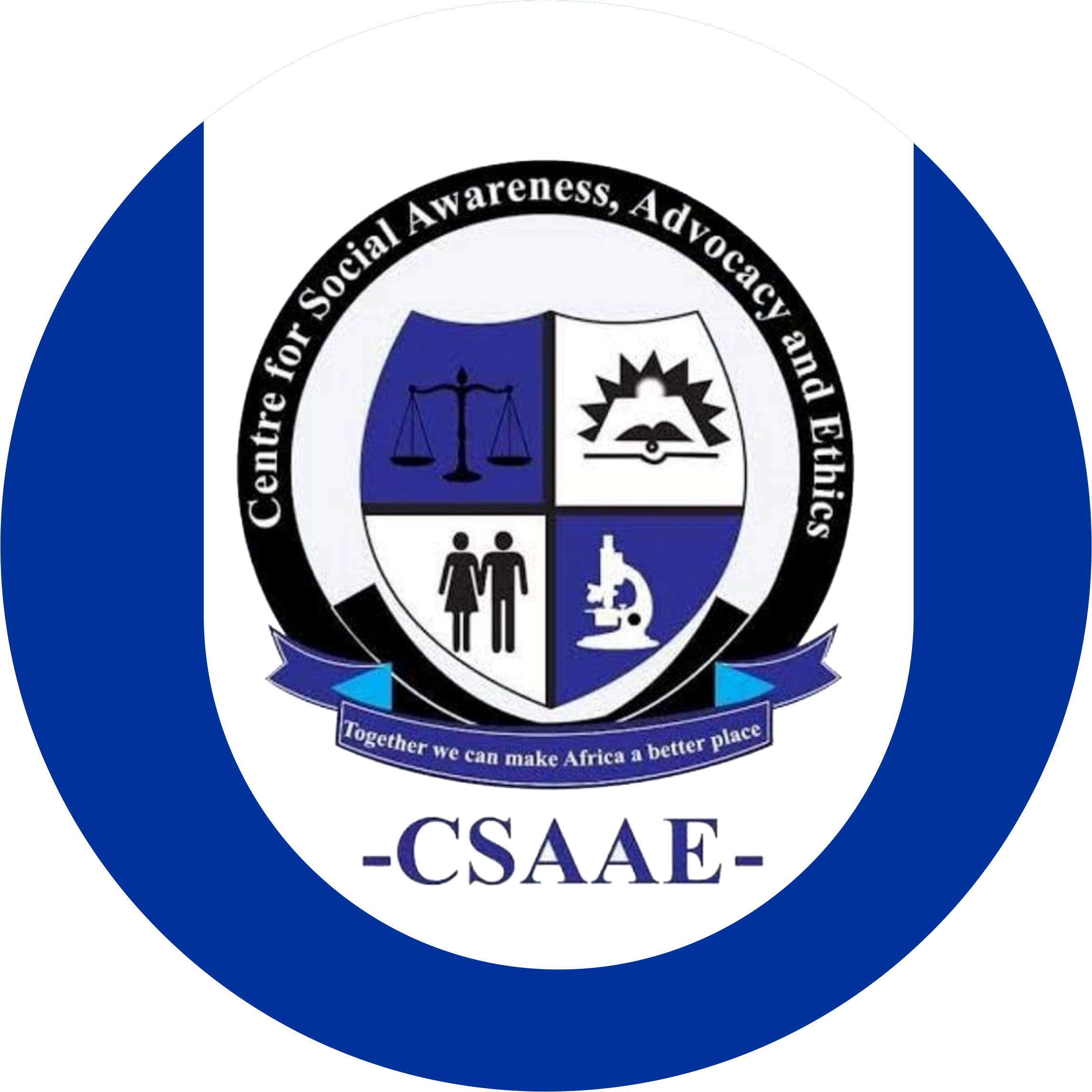
Rights Activist Sam Amadi Raises Alarm on Rising Hate Speech Against Igbos, Calls for Leadership Action
Rising Hate Speech Against Igbos
Dr. Sam Amadi, a prominent rights activist and former Chairman of the Nigerian Electricity Regulatory Commission (NERC), has voiced serious concerns over a growing wave of hate speech and vilification directed at the Igbo community by government officials.
Amadi highlighted the dangers of this trend during his Democracy Broadcast on Thursday, warning that it poses grave political, economic, and social risks.
The controversy erupted following an offensive online post by Wale Akerele, who disparagingly referred to Igbos using dehumanizing terms such as “gorillas” and “chimpanzees.”
What shocked Amadi even more was the apparent endorsement of this hateful rhetoric by Abike Dabiri-Erewa, the Chairman of the Nigerian Diaspora Commission, who reacted to the post with a “like” and amusement emoji.
This, according to Amadi, sends a dangerous message coming from a high-ranking government official entrusted with representing and protecting the interests of Nigerians abroad, including Igbos.
“The key issue here is not just what was said by Akerele, but that an influential government official would openly cheer the vilification of Igbos, a constituency she is supposed to serve,” Amadi stated emphatically.
He lamented that while such hateful online comments from ordinary citizens might be dismissed as mere “noise,” it becomes deeply troubling when officials validate and amplify these divisive narratives.

Amadi drew attention to similar incidents involving aides to Lagos State Governor Babajide Sanwolu and the President’s aides, questioning the motivations behind these endorsements of ethnic hostility.
Dr. Amadi warned of the far-reaching consequences of unchecked stigmatization of the Igbo people. “Narratives control almost everything,” he said.
“If this kind of negative stigmatization goes unchallenged, it could severely impact social cohesion, economic development, and political outcomes in the country.”
He urged political and community leaders from the Igbo ethnic group to rise decisively and speak out against this alarming trend to prevent the normalization of hate speech.
The rights activist appealed for greater pressure on the highest levels of government, especially the President, to curb the spread of these divisive messages.
Rising Hate Speech Against Igbos
“Igbo leaders must take a stronger stance by directly engaging with the President and their political principals to halt this dangerous epidemic. Failure to act could, God forbid, drag us back to a dark past marked by attacks and mass violence against the Igbo people,” Amadi warned.
He further stressed the importance of collective action among Igbo leaders and the community to defend their dignity and reputation in the face of such hostility.
“We must rise up and defend our names,” he implored, invoking the Igbo proverb, “Onye kwe, chi ekwe,” meaning that a person’s will aligns with the will of their personal god or destiny.
This call underscores the necessity for unity and resolve among the Igbos in confronting this challenge.
Dr. Amadi’s message is a timely reminder of the volatile nature of ethnic relations in Nigeria and the critical role leadership has in either fueling or resolving tensions.
His clarion call to resist hate speech and uphold respect for all ethnic groups invites reflection on how national unity can be preserved through responsible governance and community solidarity.



